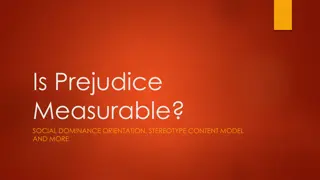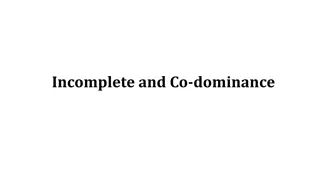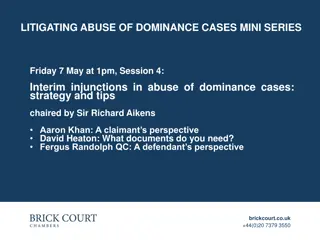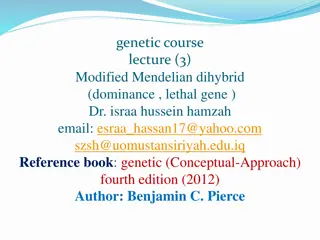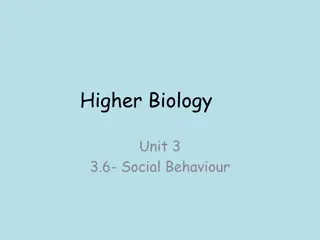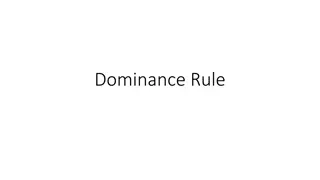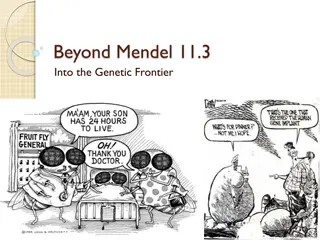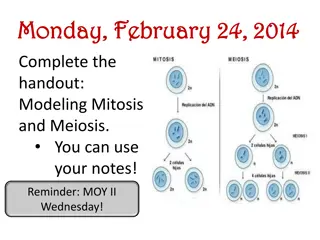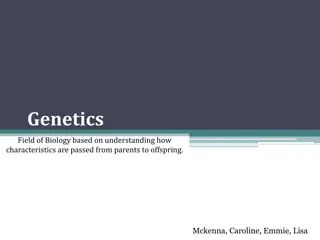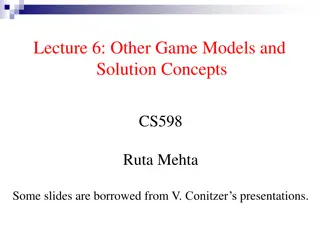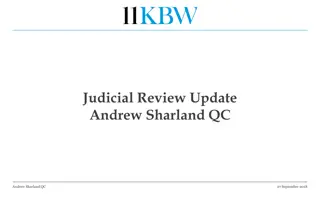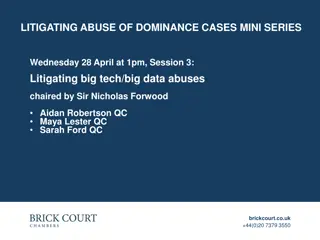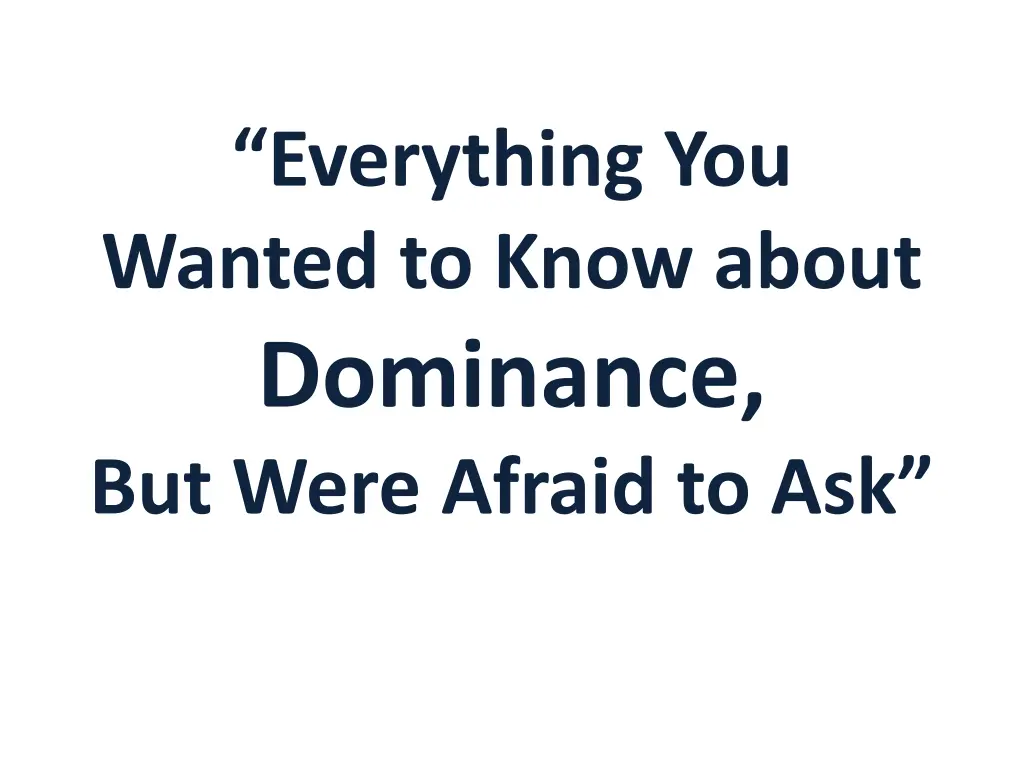
Understanding Dominance and Leadership in Al-Anon Service
Explore the dynamics of dominance in Al-Anon service, emphasizing the importance of rotating leadership roles to avoid discord within the group. Learn how participation, trust, and shared responsibility contribute to group harmony and individual growth.
Download Presentation

Please find below an Image/Link to download the presentation.
The content on the website is provided AS IS for your information and personal use only. It may not be sold, licensed, or shared on other websites without obtaining consent from the author. If you encounter any issues during the download, it is possible that the publisher has removed the file from their server.
You are allowed to download the files provided on this website for personal or commercial use, subject to the condition that they are used lawfully. All files are the property of their respective owners.
The content on the website is provided AS IS for your information and personal use only. It may not be sold, licensed, or shared on other websites without obtaining consent from the author.
E N D
Presentation Transcript
Everything You Wanted to Know about Dominance, But Were Afraid to Ask
Wisconsin/UPMI Fall Assembly Workshop on Dominance September 16, 2017
Dominance Who can be dominant? What does it look like? Where do we see it? When do we see it? What do I do about it?
The Twelve Steps suggest acceptance of four primary ideas page 23 Groups at Work We are Powerless Over the Problem of Alcoholism We Can Turn Our Lives Over to a Power Greater Than Ourselves We Need to Change Both Our Attitude and Our Actions We Keep Al-Anon s Gifts by Sharing Them With Others
Three Obstacles to Success in Al-Anon Service Manual page 24 Discussions of Religion Gossip Dominance
Dominance: Our leaders are trusted servants; they do not govern. No member of Al-Anon should direct, assume authority, or give advice. Our program is based on suggestion, interchange of experience, and rotation of leadership. We progress in our own way and pace. Any attempt to manage or direct is likely to have disastrous consequences for group harmony. Service Manual Page 24
Participation of members in group activities is important. This creates real involvement with the group and solidifies the relationship of individual member to the group. Since each group has only a limited number of officers, it s best to have a policy of rotation, rather that have one member hold office for long periods of time. The more jobs available, the more members will participate and feel themselves to be an integral and important part of the group. Concept Four reminds us that Participation is the key to harmony . Service Manual page 55
Paths to Recovery Members accustomed to dominating may be unhappy when reminded that we rotate leaders and that we are to serve, not govern. Page 146 Rotating service in a group is very important for two reasons: 1) giving everyone an opportunity to serve, 2) keeping the person serving from feeling self-important. Page 150
How Al-Anon Works We are all experts because of our experience, and we are all beginners because our lives are in a constant state of growth and change. Newcomers are as likely as longtime members to utter words that inspire and inform. So we have no reason to look to any one person or small group of people as authorities. Page 108
How Al-Anon Works Just as Concept Three encourages mutual trust, Concept Four concerns mutual respect. When we honestly respect ourselves and those around us, we begin to look at everyone as equals, not as our inferiors or superiors. Without this respect, participation can be the key to chaos. Page 132
Many Voices, One Journey From the first Family Group Forum in 1959 . We have one member, perfectly sincere and all that, but who practically takes over our meetings whenever a question is asked. She acts as an automatic answering service. Answers usually are pretty good but it would be better if others, not so quick on their feet, were given more of a chance to get into the act. How can this be managed without offending our eager beaver? Page 66
Al-Anons Twelve Steps & Twelve Traditions Our leaders are those who are willing to be servants, those who devote their time, work and love to the fellowship. They have dedicated themselves to serving, not directing or controlling. Page 93
It is an interesting Paradox that those Al-Anon members who have studied our program in depth, and practice it most faithfully in their daily lives, are the trusted servants who have come to realize the spiritual essance of Tradition Two. Using this principle helps the group when an occasional member knows all the answers and tries to control the group or make independent decisions for it. Such a person may be motivated by good intentions, but behind it there is always the thought: I know what s best. When an individual member assumes such authority, he or she prevents the others from participation that is so vital to everyone s growth. Page 95
Alateen a Day at a Time Some people are leaders, but no one has the right to take over God s territory. The only way an Alateen group can keep going is if everyone has the chance to share their feelings and ideas. Tradition Two can make it happen that way in our group if we get to work and apply it. Page 56
Alateen a Day at a Time Group problems need group answers. One person can t decide what s best for the group; we all need to get involved. When we all help to solve problems, everybody has a chance to grow. That s the group conscience at work the way God wants it to be. Page 167
KBDM Knowledge Based Decision Making
KBDM four elements Open communication between leadership and membership All decision makers have common access to full information Dialogue before deliberation We exist in a culture of trust
Question One What do we currently know about our members or prospective members needs that is relevant to this discussion? Or, What do we know about what our members need and want?
Question Two What do we know about the resources and our vision for the organization that is relevant to this discussion? Or, What do we know about our resources and capability?
Question Three What do we know about the current realities and our fellowship that is relevant to this discussion? (What are the Pros and Cons?) Or, What do we know about what s currently happening within our groups?
Question Four What are the ethical implications of our choices? Or, Will our decision be consistent with our spiritual principles?
Question Five What do we wish we knew, but don t? Or, What else do we need to know before moving forward?
KBDM on Dominance 15 min group discussion 2 min group report back Questions & Comments




